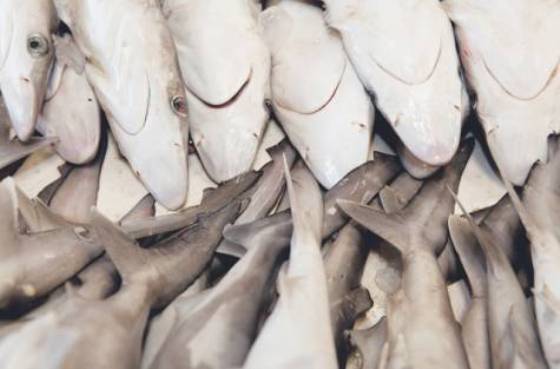Shark finning, in which captured sharks have their fins and tails removed for use in sharks fin soup, has been a prominent issue in many parts of the world, including the Arab Gulf region. Considered a major delicacy in China and other parts of the Far East, shark fin soup was recently banned in restaurants in Hong Kong.
The UAE has made efforts in the past to control the practice of shark finning, and is now becoming more involved with trying to stop this terrible practice. It joined together with six other Arab countries to sign an agreement to protect migrating sharks in Middle East waters from illegal shark trading including finning.
As reported in the Gulf News, delegates from the UAE, Mauritania, Egypt, Sudan, Yemen, Jordan, Somalia, Syria and Comoros met in Dubai recently to sign a historic agreement and attend a workshop organized by the International Fund for Animal Welfare (IFAW) in association with the UAE Ministry of Environment and Water.
Although officially banned by the UAE in 2011, the practice of shark finning has continued worldwide; with more than 500 tons of shark fins being sent annually to the Far East. Shark fins have come also from the UAE and other regional countries.
Peter Pueschel, IFAW’s Director of International Environmental Agreements, told The Gulf News: “To increase the protection of sharks to necessary conservation levels, first and foremost, the over-fishing needs to stop and trade in their body parts needs strict controls and regulations.”
Pueschel added that until recently, the practice of shark fin trading was “unregulated and uncontrolled” in the UAE and most other markets in the world.
Andrea Pauly, an Associate Program Officer for the Convention on Migratory Species Secretariat , said that sharks play a vital ecological role as “filter feeders and top predators in the marine environment” to keep the oceans healthy.
Whether or not local fishermen and marine sea products traders will take these actions seriously remains to be seen. It would be unimaginable to see the world’s seas and oceans devoid of sharks, which are some of the oldest living marine animal species on earth. The new shark saving actions by 7 Arab countries may be too little, too late.
Read more on the cruel practice of shark finning and other Middle East marine life issues:
Hong Kong Bans Shark Fin Soup and Blue Fin Tuna
Despite Ban, UAE Remains Market Hub for Shark Fins
Death Ray Dolphin Killing in Persian Gulf May be Worse Than Shark Slaughter
Photo of dead UAE sharks courtesy of Oliver clark/Gulf News





I’ve never eaten shark’s fin soup and I hope I never will. What will happen if most of these ancient predators are eliminated from our seas and oceans. They have an import role to fill in the natural ecology of our planet.